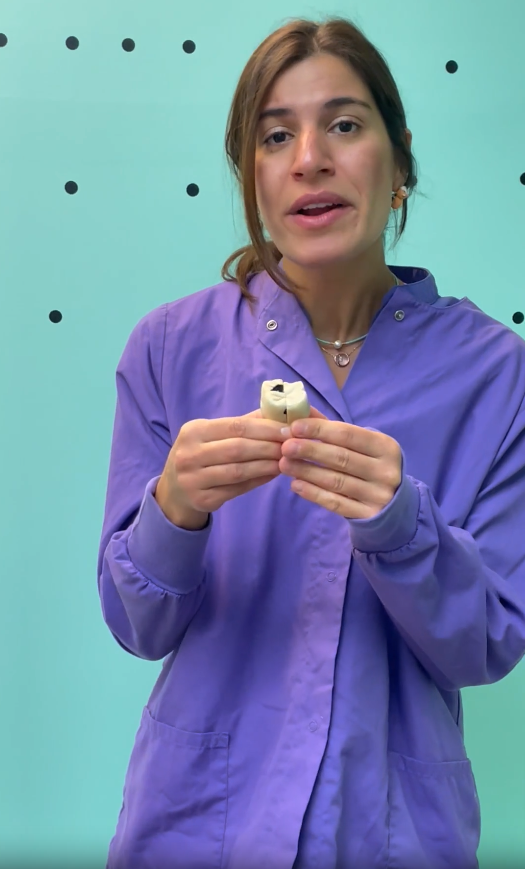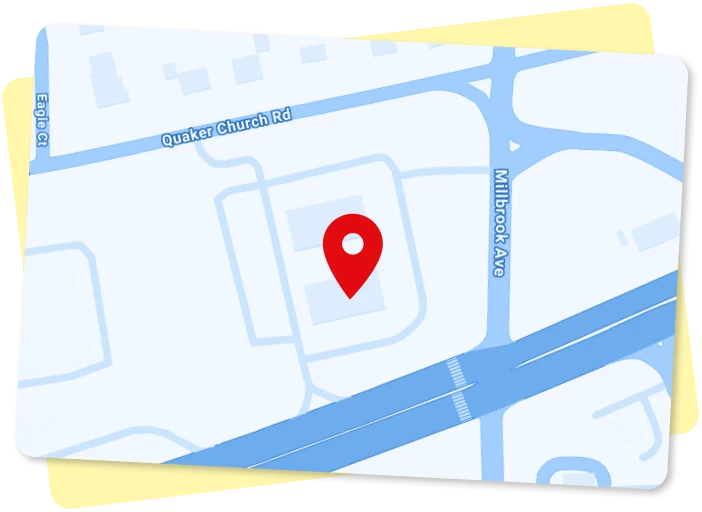Baby bottle tooth decay, also known as early childhood cavities, is a common dental concern among infants and toddlers. It occurs when sugars from liquids such as milk, formula or juice remain in the mouth for extended periods. Harmful bacteria feed on these sugars and produce acids that weaken and erode tooth enamel. Over time, this process leads to cavities that may affect the comfort, health and development of your child’s smile.
How Baby Bottle Tooth Decay Develops
Baby bottle tooth decay often begins when a child is put to bed with a bottle that contains sweetened liquids or milk. During sleep, the flow of saliva slows, making it harder for the mouth to wash away sugars and acids. As a result, the teeth are more vulnerable to damage. Another common cause is sharing saliva through utensils, cups or pacifiers, which transfers cavity-causing bacteria from parent to child.
Baby teeth may be temporary, but they play a vital role in speech development, chewing and guiding permanent teeth into proper alignment. Protecting them from decay is an important step in supporting your child’s long-term oral health.

Prevention Tips for Parents
You can help safeguard your child’s teeth and gums by practicing good habits early. A few preventive measures include:
- Never put juice, sweetened water, milk or other sugary drinks in bottles or sippy cups.
- If your child needs a bottle at bedtime, fill it only with water.
- Clean your child’s gums with a soft cloth after feedings, even before teeth emerge.
- Brush your child’s teeth with an age-appropriate toothbrush and toothpaste once teeth appear.
- Avoid dipping pacifiers in honey or sweet substances.
- Encourage your child to drink from a regular cup after 12 months of age.
- Do not share eating utensils with your child to reduce bacterial transmission.
- Provide a balanced diet rich in fruits, vegetables and calcium.
Partnering With Your Pediatric Dentist
While at-home care is essential, professional guidance from our pediatric dentists and team helps ensure that your child’s teeth receive the protection they need. Regular visits allow our Randolph pediatric dentists to monitor growth, apply preventive measures when necessary and provide advice tailored to your child’s needs. By working together, you can establish healthy habits that last a lifetime and prevent the discomfort of cavities.
If you have questions about treating baby bottle tooth decay in Randolph, NJ, or wish to schedule an appointment for your child, our pediatric dental team is here to help. Contact Pediatric Dental Associates of Randolph at 973-989-7970 to make your child’s appointment with Dr. Matt Mannella and our associates learn how we can help support your child’s dental health.
Frequently Asked Questions About Baby Bottle Tooth Decay
How can I prevent baby bottle tooth decay?
To prevent baby bottle tooth decay, avoid putting your child to bed with a bottle of milk or juice. Instead, offer a bottle of water or a pacifier. Also, gently clean your baby’s gums with a damp cloth after feedings and begin brushing their teeth with a soft brush as soon as they appear.
Is baby bottle tooth decay treatable?
Yes, baby bottle tooth decay is treatable. Early intervention is key, so schedule a dental checkup as soon as you notice any signs of decay. Your pediatric dentists will assess the situation and recommend treatments, which might include fluoride applications or fillings, depending on the severity of the decay.
Does insurance cover treatment for baby bottle tooth decay?
Insurance coverage for baby bottle tooth decay treatment can vary. It is essential to check with your provider to understand your specific plan’s coverage for pediatric dental care. If you have concerns about costs, discuss payment options with our office to find a solution that works for you.
How can I help my child feel less anxious about seeing the dentist for baby bottle tooth decay?
To ease your child’s anxiety, talk positively about dental visits and explain what will happen in simple terms. Bringing a favorite toy or book can provide comfort. Our team is experienced in working with children and will use gentle techniques to make the visit as stress-free as possible.
How long does it take for my child to recover from baby bottle tooth decay treatment?
Recovery time after treatment for baby bottle tooth decay is usually short. Your child might experience some mild discomfort, which can typically be managed with over-the-counter pain relievers. Following the pediatric dentists‘s post-treatment instructions will help ensure a smooth and quick recovery.
Do you serve areas beyond Randolph, New Jersey?
Yes, we serve families in Randolph as well as Morris County, Sussex County, Essex County and Warren County, New Jersey. Our goal is to provide quality dental care to children across these regions, ensuring their oral health is prioritized and maintained.

